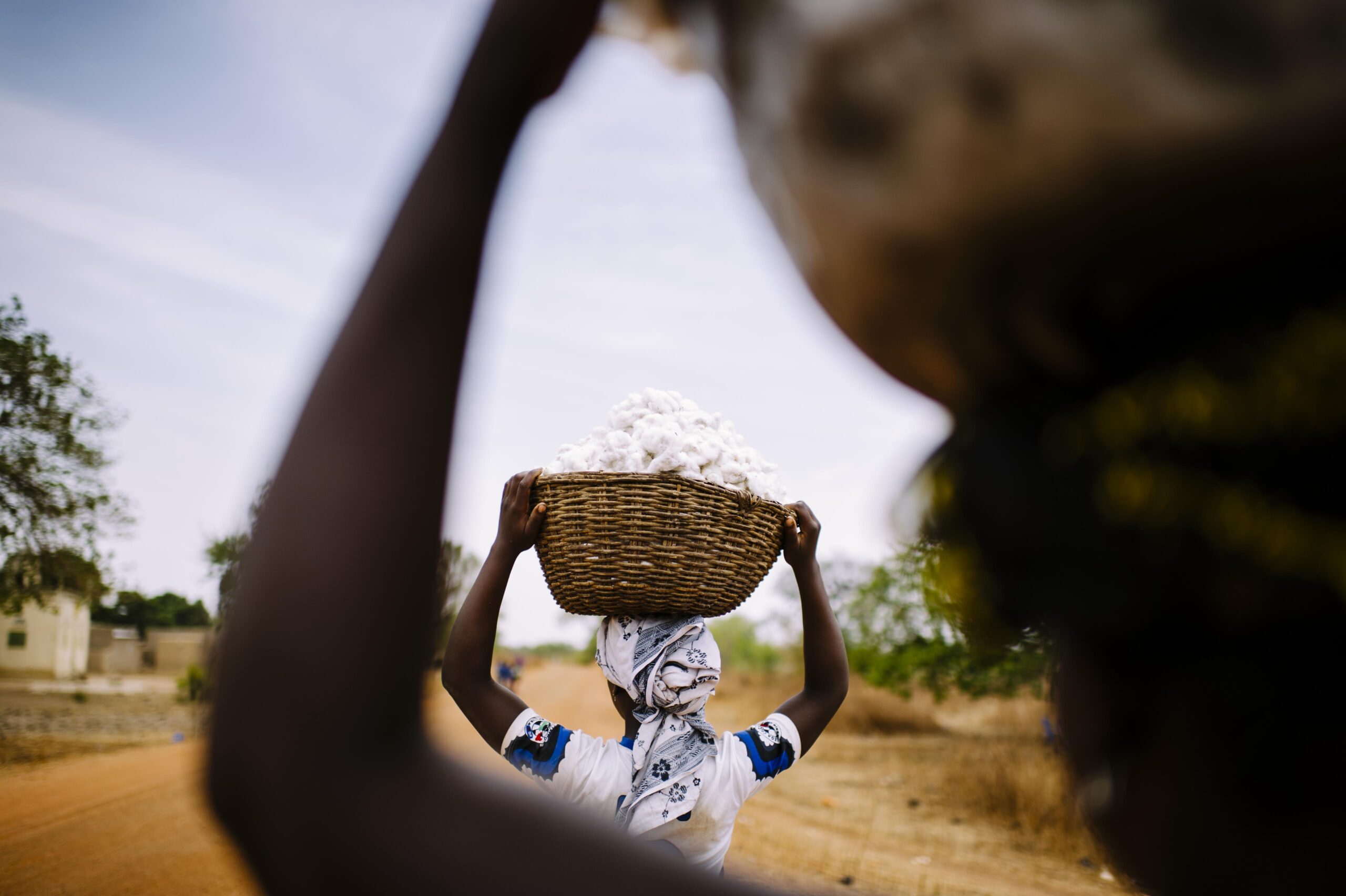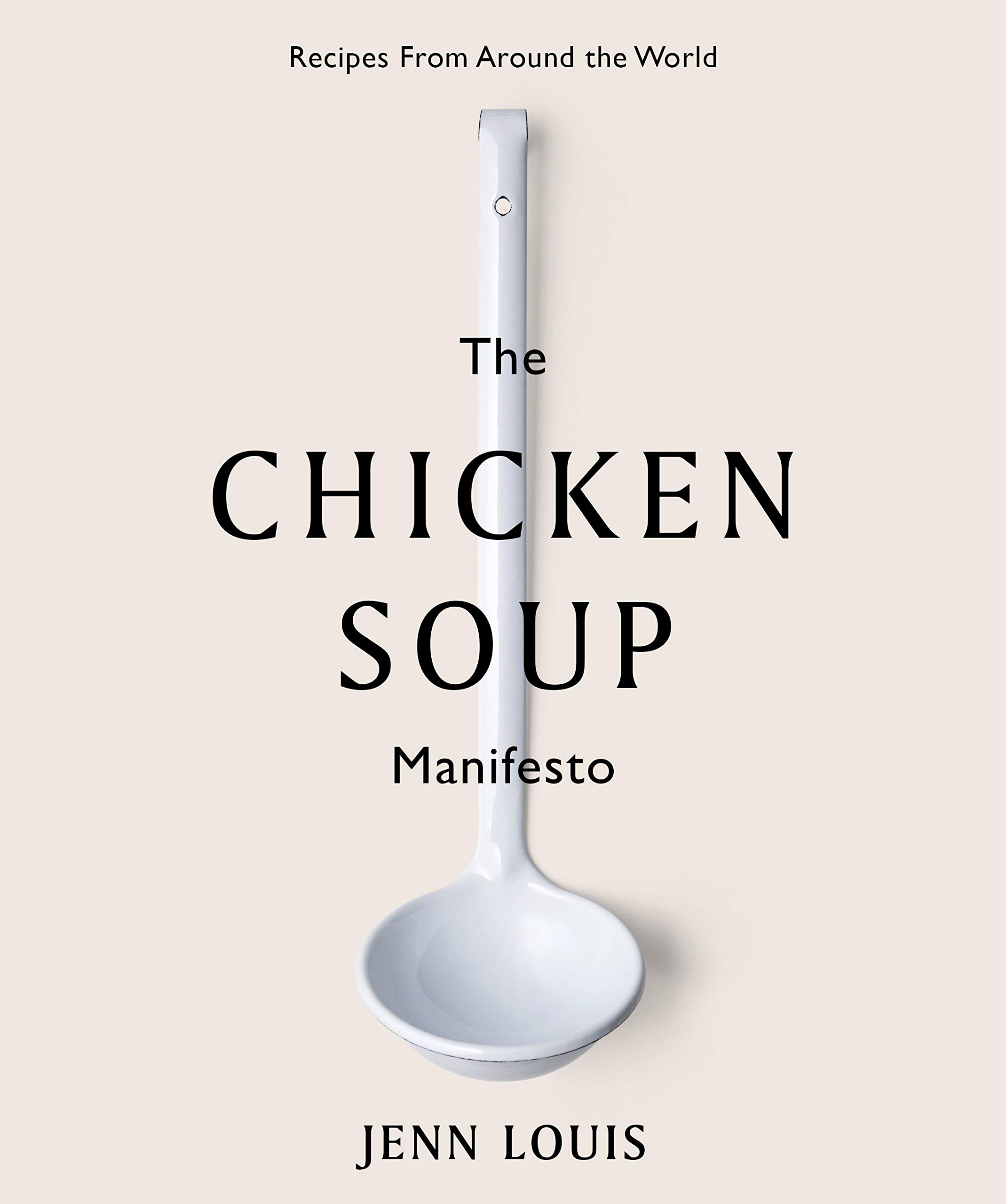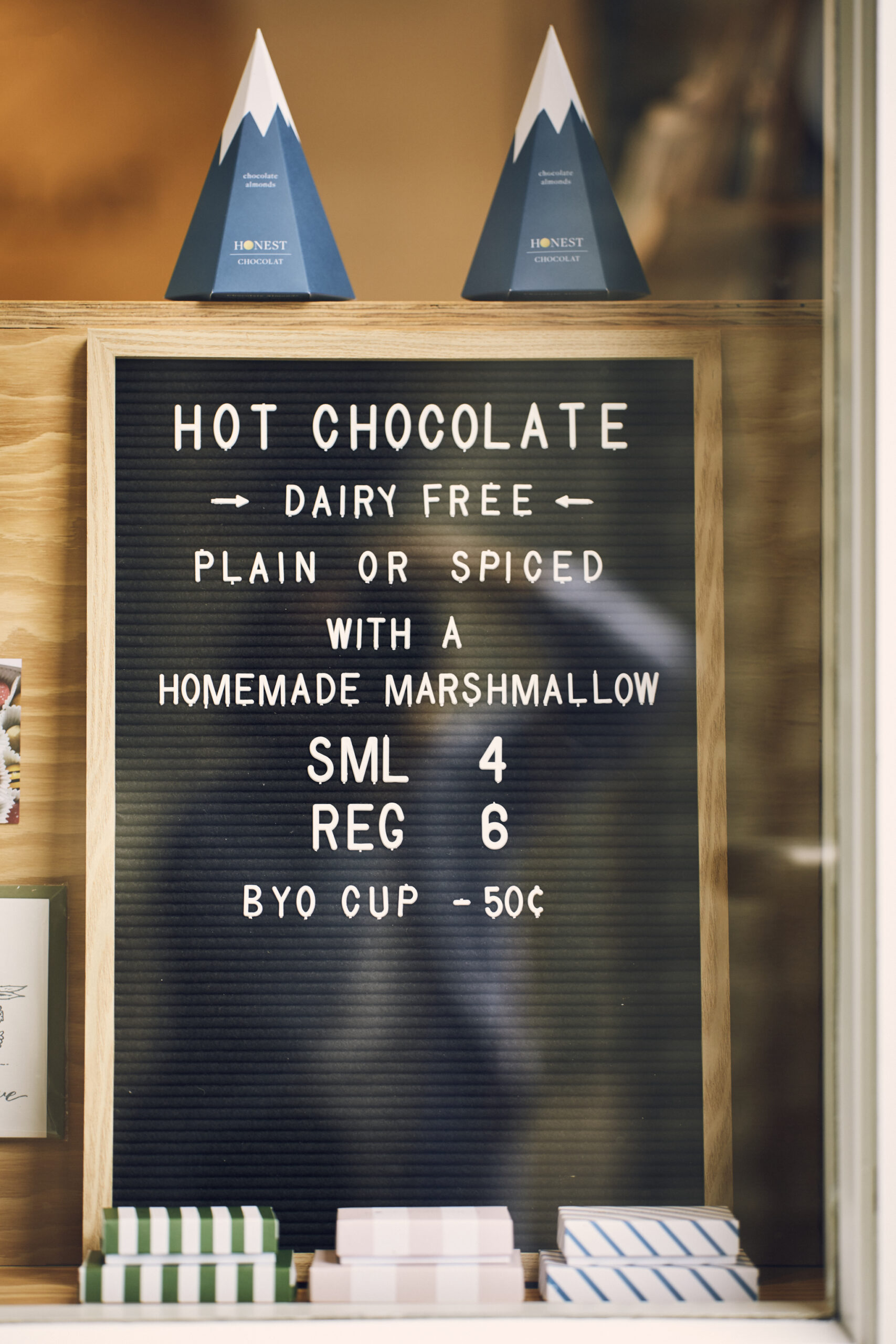The Ethical Fashion Report has just released its 2017 version – how did your favourite fashion brands score this year? Do New Zealand-owned brands score above the international average? Good covers all the findings you need to know.
.jpg)
The Ethical Fashion Report, now in its fourth year, provides an overview of practices in the fashion industry and in turn gives transparency for consumers surrounding well-known national and internationally-owned brands. Tearfund have this year collaborated with Baptist World Aid to deliver a guide specific to New Zealand based on the report – called the Ethical Fashion Guide Aotearoa New Zealand. Released today, the report grades 242 brands available in New Zealand from A to F on the levels of visibility and transparency across their supply chain with regards to worker rights, policies and practices.

Its findings are promising – indicating that New Zealand-owned fashion brands score above the international average when it comes to addressing worker exploitation in their supply chains.
Tearfund’s Education and Advocacy Coordinator Claire Hart, who has been working on the guide over the last six months, says companies are assessed on 40 specific criteria across three critical stages of the supply chain. These are grouped into four themes: policies, knowing your suppliers, auditing and supplier relationships and worker empowerment.

The grades are calculated according to four criteria.
Policies
Does the code of conduct and policies meet human rights standards?
Knowing your suppliers
To what degree in supply chain traced?
Auditing and supplier relationships
Are suppliers’ factories audited, and are audit reports publicised?
Worker Empowerment
Is there a functioning grievance mechanism are workers taught how to use it? Access to unions and collective bargaining? Are living wages paid to workers?


2017 key findings
- 12 New Zealand companies scored a median grade of B- which was the median grade. The international average is C+.
- 13 companies received A range grade. Kowtow and Liminal Apparel were the top New Zealand performers, both scoring As.
- Farmers ranked lowest for New Zealand brands with an F as they didn’t engage with the report and had no publicly available information on their supply chain.
- 67 per cent of companies are making efforts to train suppliers, buyers and factory management to understand issues such as human trafficking, child labour and forced labour.
- Karen Walker was the most improved across New Zealand brands, scoring a B+ up from a C last year.
Top performers

Kowtow and Liminal Apparel were the best performing Kiwi brands. Eticko, Mighty Good Undies and RREPP scored high as niche ethical producers. Patagonia and Inditex (Zara) were the highest ranking multi national companies, and Cotton On and APG & Co. were the top ranked mid-large Australian companies. Karen Walker, Macpac, Oroton Group and Lululemon Athletica scored the most improved accolades.
New Zealand overview
Kowtow: A
Liminal Apparel: A
Karen Walker: B+
Kathmandu: B+
AS Colour: B-
Glassons: B-
Macpac: B-
Ezibuy: C+
Max: C
The Warehouse Group*: C
Icebreaker*: D-
Farmers*: F
(* non-responsive companies)
Why the report is so important
Tearfund CEO, Ian McInnes, says the report provides Kiwis with transparency and information on the ethics and practices of well-known brands, and in turn helps them as consumers make informed choices which help in reducing worker exploitation and alleviating poverty within the Asia-Pacific region.
“Too many garment factory workers in the developing world work long hours in oppressive conditions to make the clothes we wear. The low pay they receive traps them and their families in a cycle of poverty, and that’s quite frankly unacceptable. The Ethical Fashion Guide helps you make positive purchasing decisions and vote against this exploitation with your wallet.”

More findings
Hart says there were three key areas of change from previous years; traceability, transparency and the provision of a living wage.
Traceability
Since 2013, there has been a 30 per cent improvement in companies tracing second tier suppliers, while two-and-a-half-times more companies (45 per cent) trace raw materials suppliers. However, just 7 per cent of companies know where their cotton is coming from.
Kathmandu were mentioned in the report as a standout performer in tracing raw materials; being able to trace 81 per cent of their cotton and 100 per cent of their down.

Transparency
The number of companies publishing full supplier lists has risen from 16 per cent to 26 per cent since last year alone. New Zealand companies’ transparency rankings were below average as no New Zealand company publicly discloses their supply list.
“As consumers become more ethically conscious, it’s increasingly important for companies to have publicly available information on their supply chains. Unfortunately, we’re lagging behind on this in New Zealand, so Tearfund is really looking forward to working with New Zealand companies to do this ahead of next year’s report,” Hart says.
Living wage
The proportion of companies looking to improve wages continued to rise from 11 per cent in 2013 to 42 per cent in 2017. However, in most cases wages were still below a living wage and only applied to a portion of workers.
Kowtow were the only New Zealand company, and one of three companies internationally, to score in the A range in worker empowerment, which takes living wages into consideration.
“The Ethical Fashion Guide puts power in the hands of New Zealand shoppers to make a tangible difference in the lives of the people who make the clothes we wear. That power is not something to be underestimated,” Hart says.
The Ethical Fashion Guide is based on the Ethical Fashion Report produced by Baptist World Aid Australia, which partners with Tearfund New Zealand to release the guide and work with companies to improve ethical practices in their supply chains.
To download a copy of the guide click here, or find out more about Tearfund’s work combating human trafficking and exploitation, visit Tearfund.org.nz
For a full guilt-free fashion guide and more Q&As with New Zealand designers, see the May/June 2017 issue of Good, on stands on May 1.







